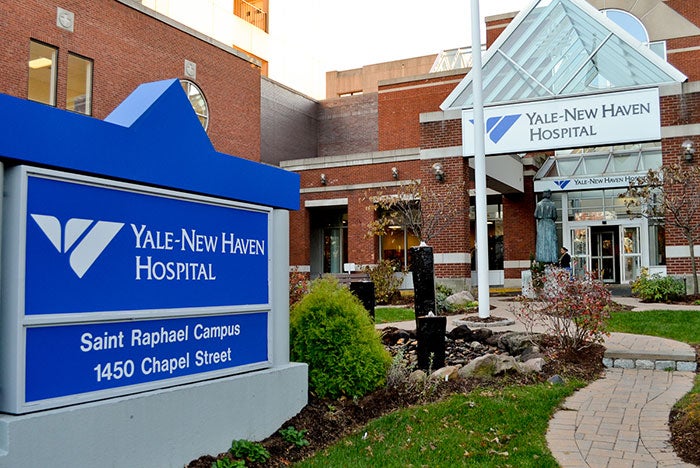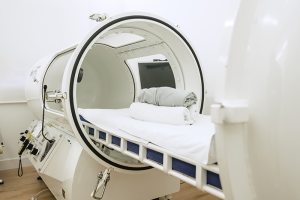Hospital’s Capacity Command Center integrates patient-flow operations

Yale New Haven Hospital recently launched an operations center to break down silos in patient throughput.
Managing a 1,541-bed hospital well requires meticulous attention to detail, which is why Yale New Haven (Conn.) Hospital (YNHH), part of Yale New Haven Health, recently launched an innovative solution to streamline its massive operation.
The nonprofit created its Capacity Command Center (CCC), which combines real-time data analytics with physical co-location of key operational services. The center was developed jointly by Yale New Haven Health's Clinical Redesign initiative, the YNHH in-house analytics staff and Epic and will allow the hospital to enhance coordination, safety, quality, timeliness and efficiency in patient care.
It accomplishes this by leveraging the operational data generated by YNHH’s Epic electronic health record. The information is used to generate real-time dashboards that allow nurses, physicians and administrators to make patient-flow decisions. The dashboards include metrics like bed capacity, bed cleaning-turnaround time, patient transport times, delays for procedures and tests, ambulatory utilization, and quality and safety indicators.
“Through the CCC, we’re using the enormous amounts of data available from Epic and other sources to improve care, safety and the patient experience,” says Ohm Deshpande, M.D., director of utilization review and clinical redesign. “The center provides the right information to the right people at the right time, to enable the right actions.”
The command center also integrates various departments. Representatives from all relevant operational areas — including bed management, patient transport, the emergency department, environmental services, nurse staffing and care coordination — are physically located in one location to facilitate easy communication and coordination. It spurs collaborative critical thinking, which helps to ensure that patients are in the right place at the right time to receive the care they need. For example, the infection-prevention staff can identify all patients in the hospital with Foley catheters, review their charts and have discussions with nurses and physicians about removing the catheters, because prolonged Foley catheter use relates directly to catheter-associated urinary tract infections.
“Yale New Haven Hospital cares for the most complicated patients in our region,” says Richard D’Aquila, president of YNHH and Yale New Haven Health. “The Command Center’s people, processes and data infrastructure will allow us to gain unparalleled real-time insight into our operations, keep the patient at the center of all that we do, and enhance our ability to provide the highest-value care. This has never been done in such a large and complex medical center in New England.”




